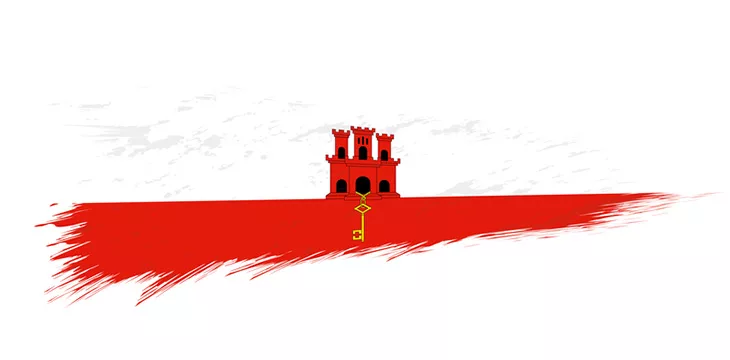|
Getting your Trinity Audio player ready...
|
A court in Gibraltar has mandated the freezing of $43 million worth of digital assets linked with failed digital asset trader Globix—the first time any such order has been applied to digital assets within the jurisdiction.
Reported by the Financial Times, the order marks a significant step in Gibraltar’s plan to make the country a global, lawful digital asset hub. The country was one of the earliest countries to establish regulations aimed at digital asset market when it passed its Digital Ledger Technology (DLT) Regulatory Framework in 2018, requiring all digital asset exchanges to register and comply with the strict requirements of the Gibraltar Financial Services Commission. New rules have been introduced in the years since, such as increased obligations on exchanges to ensure market integrity.
Now, Gibraltar has demonstrated how digital asset recovery interfaces with a robust judicial system: the same way everything else does.
The order was made at the request of Globix’s liquidators. Globix, which is registered in the British Virgin Islands as Miracle World Ventures Limited, went into liquidation in March after shuttering in June 2022 amid turmoil in the digital asset markets.
According to the FT, Globix’s liquidators are hunting $43 million in investor funds supposedly held in digital asset wallets. To aid in the liquidation process, the liquidators applied for a court order to freeze Binance wallets associated with Globix and compel other exchanges—including Kraken and Bitstamp—to turn over information concerning the identities of certain wallets on their platforms.
The court granted the request and made the order on April 13.
Such orders are part-and-parcel of the legal system and a cornerstone of the liquidation process when traditional assets are involved. The tracking and recovery of assets is one of the most challenging parts of a liquidation proceeding, particularly where those previously in charge of the company are on the run. The immutability offered by something like Bitcoin should mean that digital assets can make this process easier, but to date the dominant narrative has been that digital assets must remain out of reach of the legal system at all costs. We’ve seen the kinds of calamity that this thinking has led to—rampant fraud, market manipulation, bank runs.
Now, we’re seeing that this doesn’t have to be the case.
The idea of courts issuing freezing orders over digital assets has tended to attract heated commentary from those anxious to keep the law away from the industry, but as Gibraltar’s court order shows, such orders are not only possible but highly necessary in a world where digital assets are actually used.
In fact, applying court orders to digital assets has never been easier. Last year, the Bitcoin Association for BSV launched a ground-breaking digital asset recovery tool which allows for court orders to be translated into a machine readable format and transmitted across any number of blockchain networks—BSV, BTC and BCH included. Under this arrangement, a person with a valid court order doesn’t need to rely on the compliance of individual exchanges in order to enforce it: they’ll be able to send it straight to the network.
Excuses for keeping digital assets away from the legal system are running out fast. Given the sheer number of lost or stolen digital assets and the volume of exchanges going under over the past 12 months, the Gibraltar court’s treatment of digital asset recovery here is more likely to be the new status quo than an exception to the old one.
Watch: Digital Asset Recovery on Bitcoin

 07-18-2025
07-18-2025 





